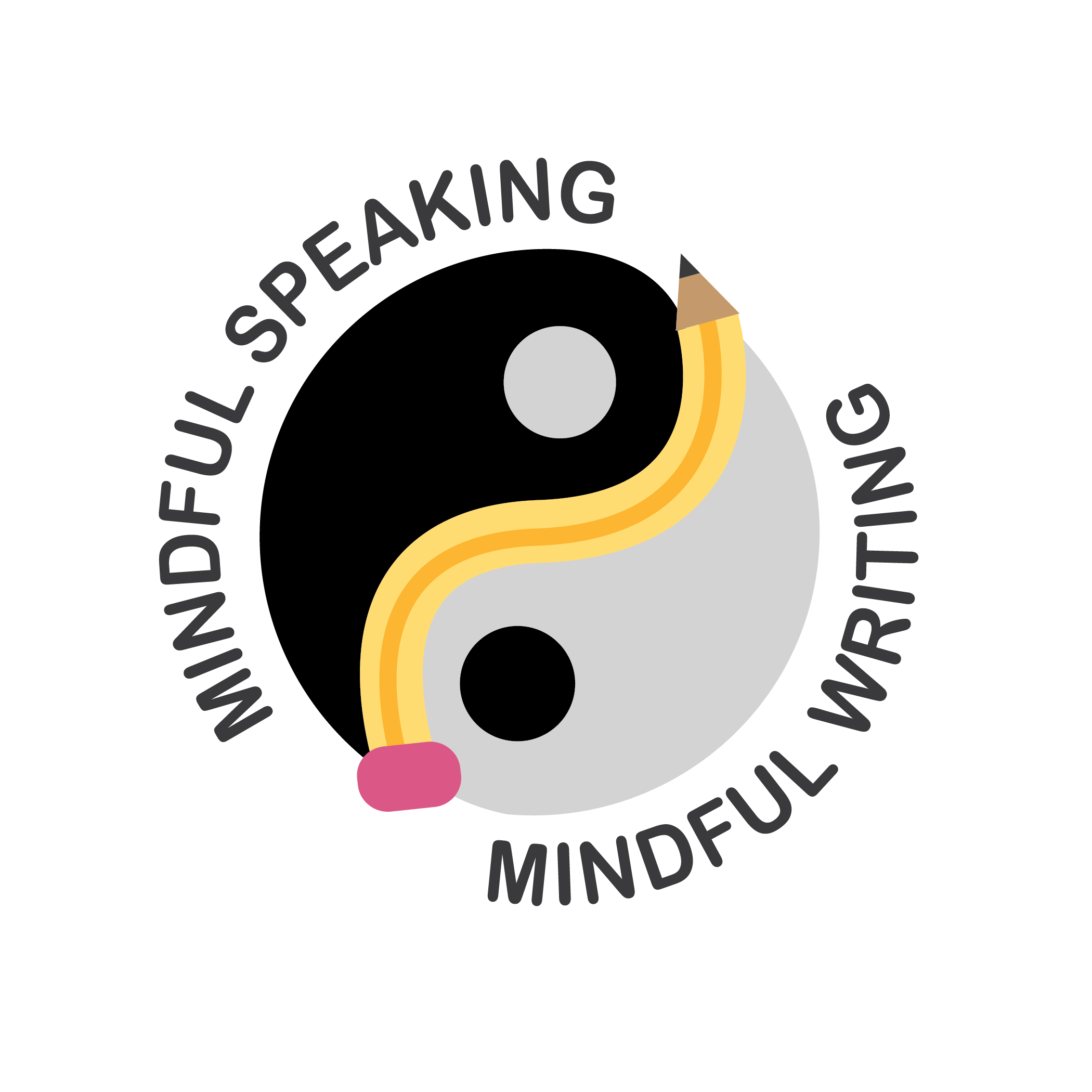What Makes a Memoir Great? Part 1

photo credit: Pixabay.com
The question itself – what makes a memoir great? – is highly subjective, so I invite you to weigh in, agree or disagree with me. But over the next few weeks, I’m going to propose a theory of memoir. I’m going to give you my bottom line, the absolute musts for a great memoir. Let’s start at the top.
#1. A great memoir must hook you emotionally.
Readers want a satisfying emotional experience. Some readers want to be inspired. Some want to be scared. Some like to feel tears well up. Some want to feel romantically, or sexually, stimulated. Some readers want to be dragged down into the dirt and then rescued. Some may not know what they’re looking for, but deep down, readers want an emotional experience. We want to be moved in some way. We want to re-capture the intensity, the thrill, the breathlessness that we felt on our first roller-coaster ride, in our first romance, or the first time we faced real danger, or even the sadness we felt after a loss. Such experiences may be thrilling or painful, but we know we are alive and living in the moment. They excite us and connect us with the most basic proof that we are alive: we feel.
I feel; therefore I am.
I read; therefore I feel. Sure you could be watching a movie, going to theatre, listening to music etc. But we’re talking memoir here. Job #1 of the memoirist is to entertain. When we say we want some entertainment, we mean we want to be carried away to some farther land, wrapped up in a blanket of feelings.
Of course, the immediate question is, “So how do I do this?” how do I write something that will evoke genuine emotion in my readers? And the answer is that it’s a mixture of many ingredients, all of which can be summed up in one word. Story. To be great, a memoir must tell a great story. If you fail on this one, all the bells and whistles in the world won’t rescue your book.
A great story has one central, driving question.
There are many fine books about story. I can’t begin to summarize them here, but if you haven’t read at least one, do so. Now. I have a number of favorites, but the one I go back to most often is Robert McKee’s Story. https://www.amazon.com/s/?ie=UTF8&keywords=story+structure+by It’s a heavy book, an expensive book, not an easy book, and it’s aimed primarily at screenwriters. But if you really want to write a great memoir, this book will repay your investment of time and money many fold.
You have to keep the reader turning the pages. You have to get and keep your reader hooked on the story. There should be one, central driving plot question, something that the reader wants to know and will keep turning the pages to discover. Even better if you, the writer, are searching for the answer to the same question. I mean really searching. Really using the writing to discover some heretofore unknown. If you and your reader are genuinely after the same pot of gold, you’ll stick together.
In my memoir, King of Doubt, I, the narrator, from page 1, am searching for a sense of inner peace, a way of dealing with the demons of self-doubt. I alternate chapters between youth and adulthood because I want to show how the search continues, how patterns of childhood reappear in adulthood, over and over, year after year, until you find whatever it is, that you’re searching for. This question kept me moving and searching for a lifetime. I think / hope that it keeps the book and the reader moving forward through the story. I know that I, the writer, can’t stop writing until I find the elixir and bring it home. If I do my job well, the reader can’t stop reading either.
Tune in next time for Part 2. What do you think that will be? See, the driving question for this series of blogs is, of course, “What makes a great memoir?” This is the first part of my answer. How would you answer this question? Let me hear from you.

In addition to an emotional connection, what keeps me reading is a sense of shared values: like with “Dreams From My Father” or Nelson Mandela’s Autobiography.
, Jim. Shared values are wonderful to find in a memoir. I think, however, that shared values without a great story fall flat. I’m arguing here only that “Great Story” comes first.
I have a basic question. What is the difference between an autobiography and a memoir? My understanding is that a biography deals with a person’s entire life-mostly in chronological order, where as a memoir deals with just a certain aspect of one’s life. If the writing is published by a third-party, can it still be considered a memoir or does it become a biography? Like to know your comments
I have a basic question. What is the difference between an autobiography and a memoir? My understanding is that a biography deals with a person’s entire life-mostly in chronological order, where as a memoir deals with just a certain aspect of one’s life. If the writing is published by a third-party, can it still be considered a memoir or does it become a biography? Like to know your comments
I have a basic question. What is the difference between an autobiography and a memoir? My understanding is that an autobiography covers a person’s entire lifetime-usually in chronological order, where a memoir only covers a certain aspect of someone’s life. Do you agree? If a third-party rights material, can it still be considered A memoir or does it then become a biography? I look forward to your thoughts
I’m new to this technology too, Jim. AFter I’d written my answer already posted, then suddenly I saw your complete question. There are two separate issues here. 1. Who wrote it and 2. How much of a life does it cover. You’re right on the distinction between memoir and biography, basically only you can write a memoir about yourself, it’s your memories and your interpretation etc. (ok, there are a couple of exceptions, but few.) Then there’s the issue of chronology and focus (external vs internal.) An autobiography and a memoir are both written by the subject him/her self. The autobiography tends to deal with the whole life, tends to be more chronological, tends to focus on the external or objective facts, tends to read more like a report. Memoir, by contrast, tends to deal just with a certain part or theme of a life, tends to be less chronological, tends to focus more on the subjective truth. Hope this helps.
Obviously, I’m new to this, and didn’t prove all of the comments, but you get the general question?
Not sure that I do exactly get the question, because some of it got dropped somehow, but it seems to be about the difference between memoir and biography, right? If so, memoir is written by the main character or narrator; biography is written by someone other than the main character. e.g. I (or anyone) could write a biography about you (if we knew enough, that is), but only you could write a memoir about you.
Tone and voice can make a great memoir. When I read a memoir I want to read it as if I’m joining the writer’s conversation with self and others. A good memoir turns great when the language is simple, readable, comprehendable, when I can get close and personal.
For sure, tone and voice are essential. They can make or break. Occasionally, voice alone can be so wonderful that story doesn’t matter that much (Angela’s Ashes comes to mind), but I think that for most writers (myself definitely included), story trumps voice. A fabulous voice, with a lousy story, won’t go far.
Awesome article, strike to the point, thanks for sharing
incredible information yu just shared in your blog, thank you
Many thanks. I’m just a year late in replying to you. Been writing a book. Now done. New web site and blog starting up again. Hope you’ll be there too. Love to connect. P.